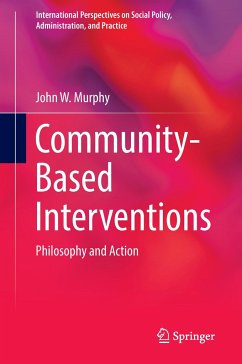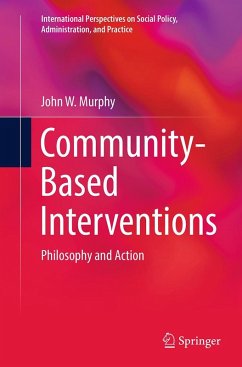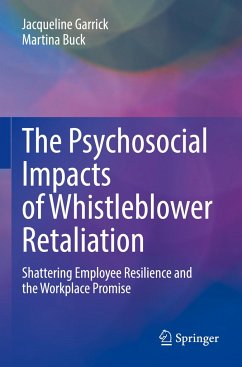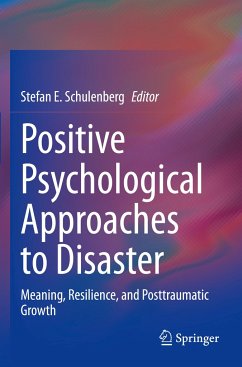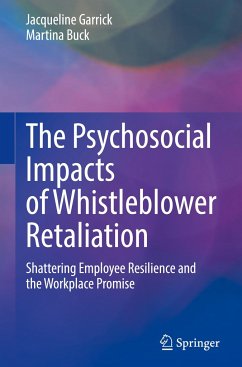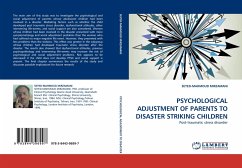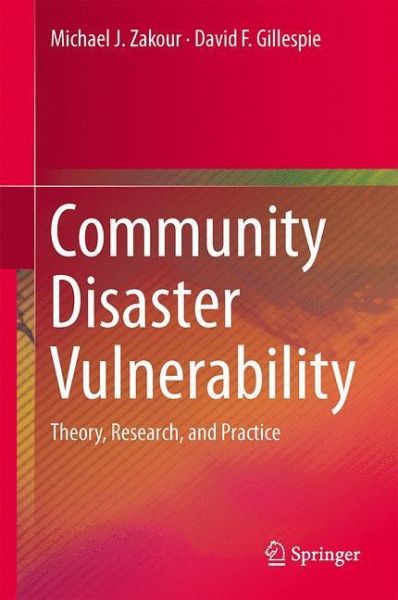
Community Disaster Vulnerability
Theory, Research, and Practice
Versandkostenfrei!
Versandfertig in 6-10 Tagen
76,99 €
inkl. MwSt.
Weitere Ausgaben:

PAYBACK Punkte
38 °P sammeln!
Disaster vulnerability is rapidly increasing on a global scale, particularly for those populations which are the historical clients of the social work profession. These populations include the very young and very old, the poor, ethnic and racial minorities, and those with physical or mental disabilities. Social workers are increasingly providing services in disasters during response and recovery periods, and are using community interventions to reduce disaster vulnerability. There is a need for a cogent theory of vulnerability and research that addresses improved community disaster practice an...
Disaster vulnerability is rapidly increasing on a global scale, particularly for those populations which are the historical clients of the social work profession. These populations include the very young and very old, the poor, ethnic and racial minorities, and those with physical or mental disabilities. Social workers are increasingly providing services in disasters during response and recovery periods, and are using community interventions to reduce disaster vulnerability. There is a need for a cogent theory of vulnerability and research that addresses improved community disaster practice and community resilience. Community Disaster Vulnerability and Resilience provides a unifying theoretical framework backed by research which can be translated into knowledge for effective practice in disasters.






